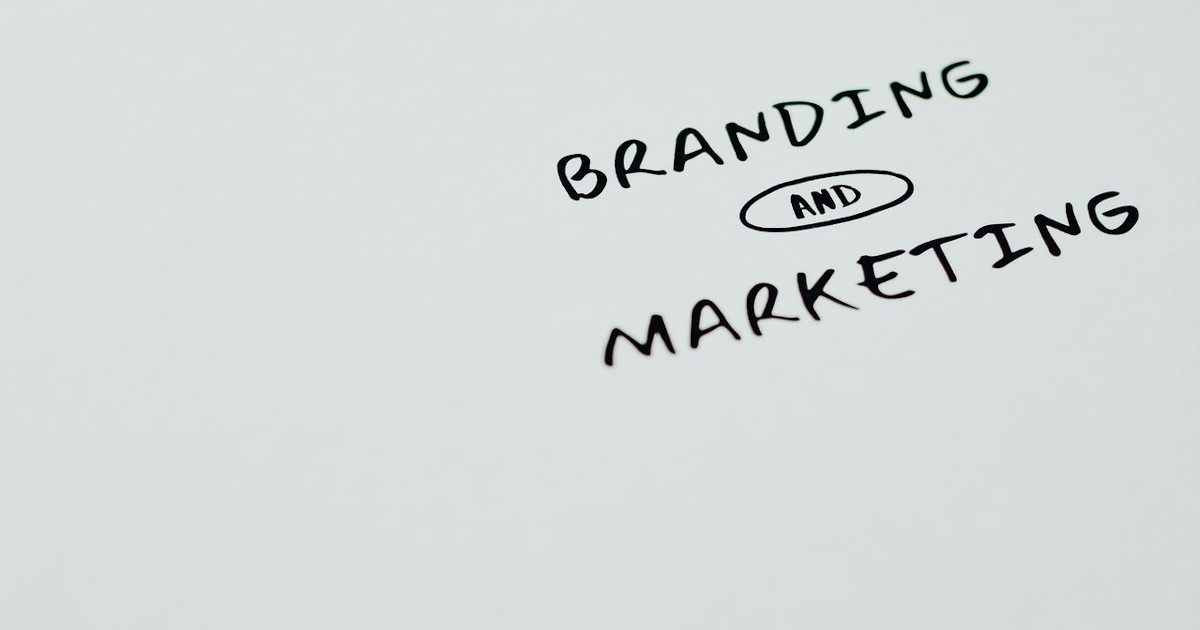
A key part of marketing your insurance agency is creating a brand. Branding helps you overcome the fact that shopping for insurance isn’t necessarily fun; it’s a necessity. Your clients aren’t coming to you because buying insurance is exciting. They’re there because they want to protect themselves financially in case something happens.
This is why so many insurance brands have fun mascots or commercials – they want to overcome the inherent “boring” or “not fun” nature of insurance. Branding helps your agency do the same thing. This is especially important as your insurance agency has to compete with numerous other agencies, including those with incredibly large budgets.
What Branding Is and Isn’t
It’s common to think of your agency brand as your logo, tag line, or identity. But those are just little bits of what represents your brand. Your brand should be the emotional connection you have with clients.
Trust Is the Most Important Thing
When it comes to your insurance branding and marketing, trust is crucial. Think of the mascots or spokespeople of major insurance carriers; people trust them. Effective branding can also help your clients (and potential clients) trust you.
To understand why trust matters, just think about the impact of insurance. It saves people from declaring bankruptcy or being otherwise financially ruined. It gives them one less thing to think about when disaster strikes.
Build Your Brand with Communication and Education
One of the best ways to build trust in your insurance agency is to show clients that you are there for them and have their best interests at heart. Communication and education can go a very long way in this effort.
Digital newsletters are a great example of this. You can share updates about your agency or the industry. You can share tips and advice as well.
You can also build your brand via your website. Create a knowledge base or a set of educational blogs that teach clients about insurance. Include relevant information and add value. Even using something like the Jenesis client portal can help with communication, as clients can easily access all of their policy information and your contact information.
What Is Personal Branding?
One aspect of branding that can be confusing at first is personal branding vs. agency branding. A successful insurance agency will have both. The agency branding will stand for the agency as the whole, with personal branding occurring at the agent level.
Your personal brand is much more than just your marketing methods. It includes your personality, body language, and even what you wear. Your personal brand sets you apart from others in the field.
Avoiding Personal Branding Conflicts in Your Agency
Most of the time, the fact that each of your agents has a personal brand doesn’t necessarily get in the way of your overall agency branding. It is just one small piece of the whole. But if your agents’ brands are very different from your agency’s brand, this can get confusing.
The following are some of the most common potential conflicts between personal and agency branding:
- Differences in what agents wear or how they present themselves (such as professional vs. casual)
- If agents don’t mention your agency and instead start to use personal contact information for sales
- If agents use different language or less professional tones
- If agents have personal problems, such as engaging in unsafe behavior like drinking and driving despite promoting safety
Overcome Issues By Hiring the Right People
The secret to aligning your agents’ personal branding with your agency branding is to hire the right people for your team. You want people who fit into your agency’s culture and share your values.
You can also create a brand guide or other similar guides for your insurance agents. This could guides to appropriate work clothing or language to use.
Encourage Personal Brands
As mentioned, one potential issue is if agents work on their personal brand to the detriment of your agency. The classic example would be giving out their own website instead of yours.
You can avoid this somewhat by choosing the right people and creating clear guidelines with potential consequences. But you can also prevent it by encouraging agents to create a personal brand.
In many cases, agents feel they need to overly promote themselves if they feel there is a lack. Let agents know from the start that you want them to promote themselves. They just have to do so in a way that also promotes your agency. This will prevent them from feeling as if they have to choose between the two. You can even provide guidance and examples of how to straddle this line.
Conclusion
Insurance agencies typically need to create a brand that is based on trust. This comes from the fact that shopping for insurance isn’t necessarily fun, but it is essential. Your agency brand needs to work in harmony with each agent’s personal brand. Encourage your agents to have personal brands, but make sure they are in line with your overall brand.
